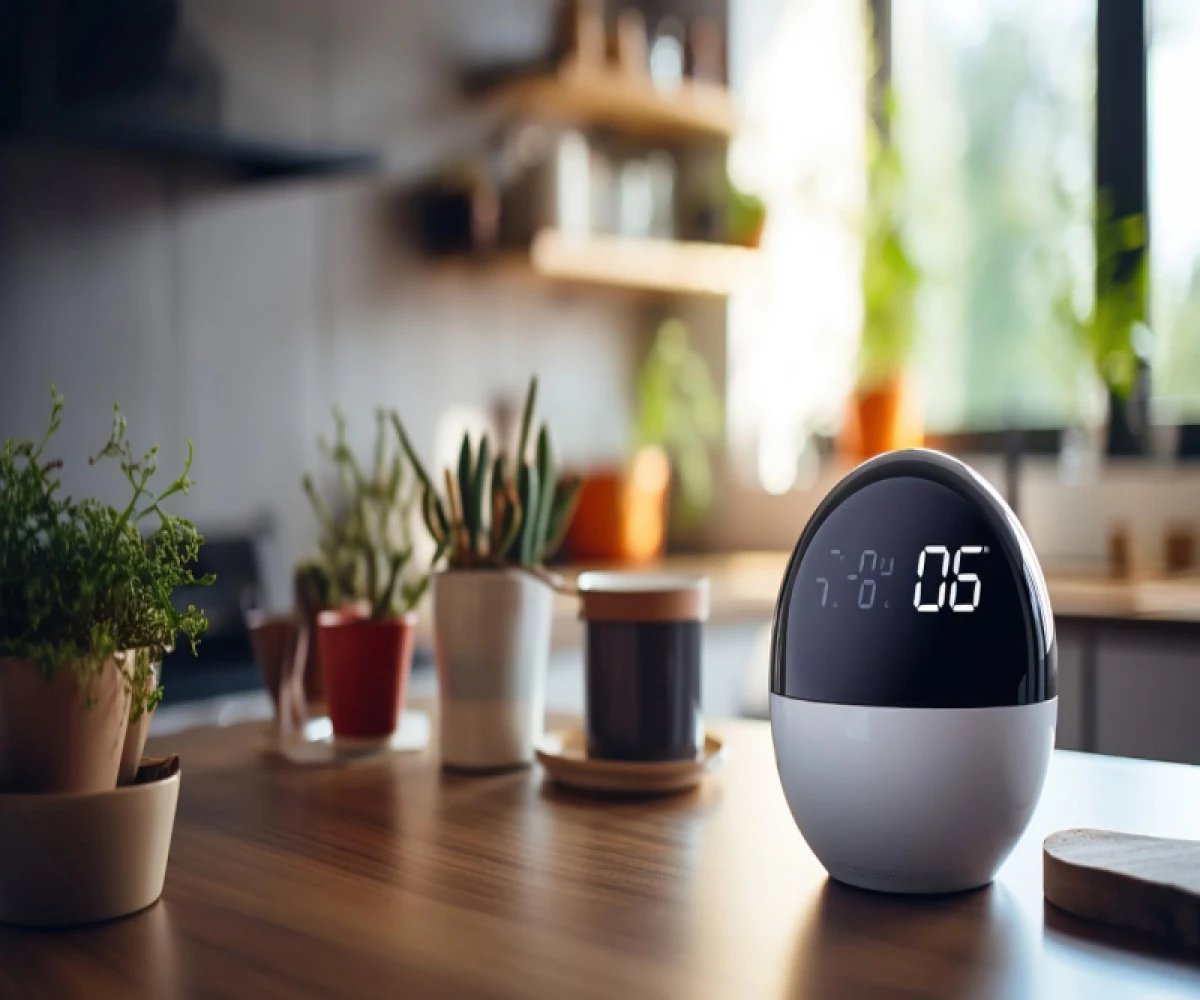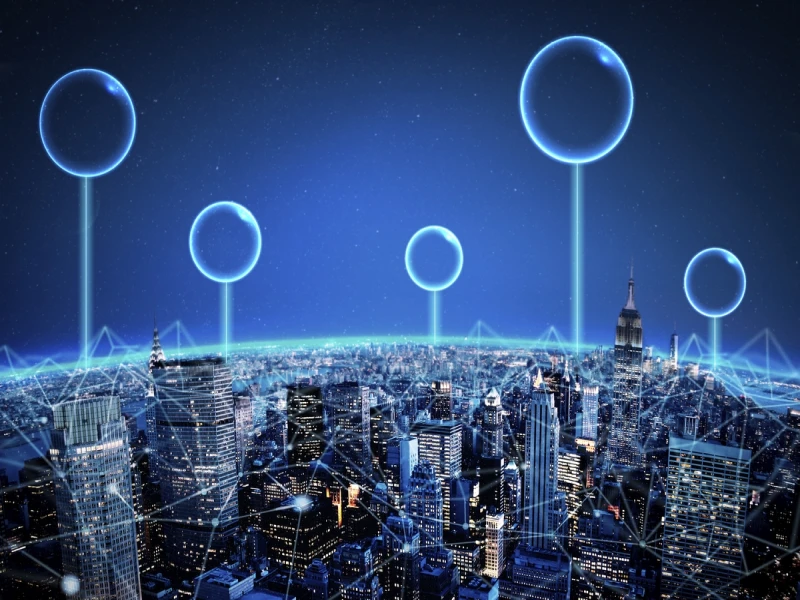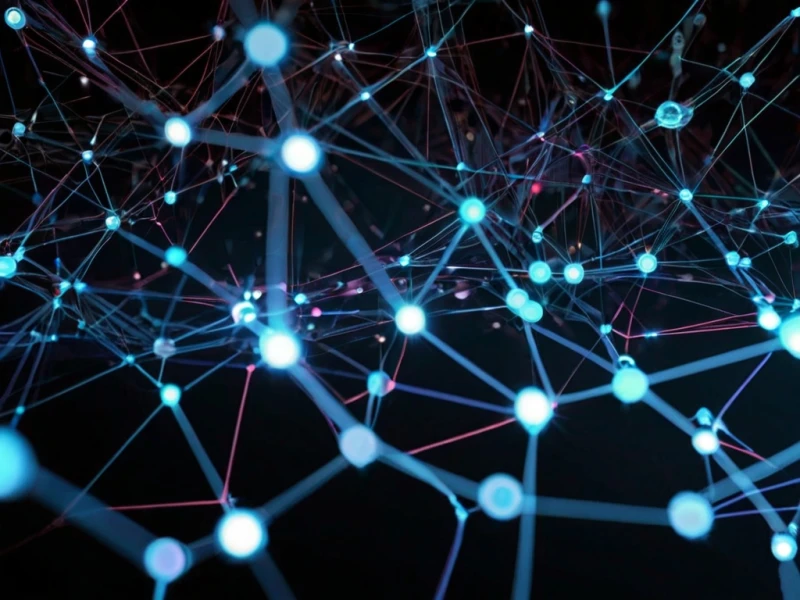
What are IoT Devices?
The Rise of the Machines: Understanding the World of IoT Devices
The Internet of Things (IoT) is no longer a futuristic concept; it's woven into the fabric of our daily lives. From the moment we wake up to our smartphones syncing our sleep patterns, to the automated coffee machine brewing our morning cup, to the fitness trackers monitoring our every step, IoT devices are silently collecting and exchanging data, making our lives more convenient, efficient, and sometimes even a little creepy.
But what exactly are these ubiquitous gadgets, and how are they changing the world around us?
What are IoT Devices?
In essence, IoT devices are any physical objects embedded with sensors, software, and processing abilities that allow them to connect and exchange data with other devices over the internet. These devices can range from the mundane, like connected refrigerators and washing machines, to the high-tech, like industrial sensors and medical implants.
Some common examples of IoT devices include:
- Smart home devices: thermostats, lights, doorbells, locks, speakers, appliances
- Wearable devices: smartwatches, fitness trackers, health monitors
- Connected cars: GPS systems, self-driving car technology, in-car entertainment systems
- Industrial sensors: monitoring equipment performance, environmental conditions, asset tracking
- Agricultural sensors: soil moisture, crop health, livestock monitoring
The Benefits of IoT
The potential benefits of IoT are vast and far-reaching. Here are just a few examples:
- Increased efficiency and productivity: By automating tasks and collecting real-time data, IoT devices can streamline processes and optimize resource usage. For example, smart factories can use sensors to predict equipment failures and schedule maintenance proactively, reducing downtime and costs.
- Improved decision-making: The vast amount of data collected by IoT devices can be used to gain insights into consumer behavior, market trends, and environmental conditions. This data can then be used to inform business decisions, marketing strategies, and even government policies.
- Enhanced comfort and convenience: Smart home devices can make our lives easier and more enjoyable by automating tasks like adjusting the temperature, controlling lighting, and playing music. Wearable devices can track our health and fitness, helping us stay motivated and reach our goals.
The Challenges of IoT
Of course, the rise of IoT also presents some challenges that need to be addressed:
- Security and privacy concerns: The vast amount of data collected by IoT devices raises concerns about data breaches and unauthorized access. It's crucial to ensure that these devices are secure and that user data is protected.
- Interoperability issues: With so many different manufacturers and devices on the market, there can be compatibility issues that make it difficult for devices to communicate with each other. Standardization is needed to ensure seamless interoperability.
- Ethical considerations: The increasing role of technology in our lives raises questions about ethics and automation. We need to carefully consider the potential impact of IoT on jobs, social interactions, and human decision-making.
The Future of IoT
Despite the challenges, the future of IoT is bright. As technology continues to evolve, we can expect to see even more innovative and sophisticated IoT devices emerge. From smart cities that optimize traffic flow and energy consumption to connected healthcare systems that provide real-time monitoring and personalized care, the possibilities are endless.
The key to unlocking the full potential of IoT lies in responsible development and deployment, ensuring that these technologies are used to benefit humanity while mitigating the potential risks. As we embrace the connected world of IoT, let's do so with a focus on security, privacy, and ethical considerations to ensure that the future of technology is one that benefits all.
I hope this blog has given you a better understanding of the world of IoT devices. If you have any questions or comments, please feel free to leave them below.
Additional Resources:
- The Internet of Things (IoT) Council: https://theinternetofthings.eu/
- World Economic Forum: https://centres.weforum.org/centre-for-the-fourth-industrial-revolution/home
- Gartner: https://www.gartner.com/en/information-technology/insights/internet-of-things
I believe that IoT has the potential to make our lives better in many ways, and I'm excited to see how this technology continues to evolve in the years to come.


